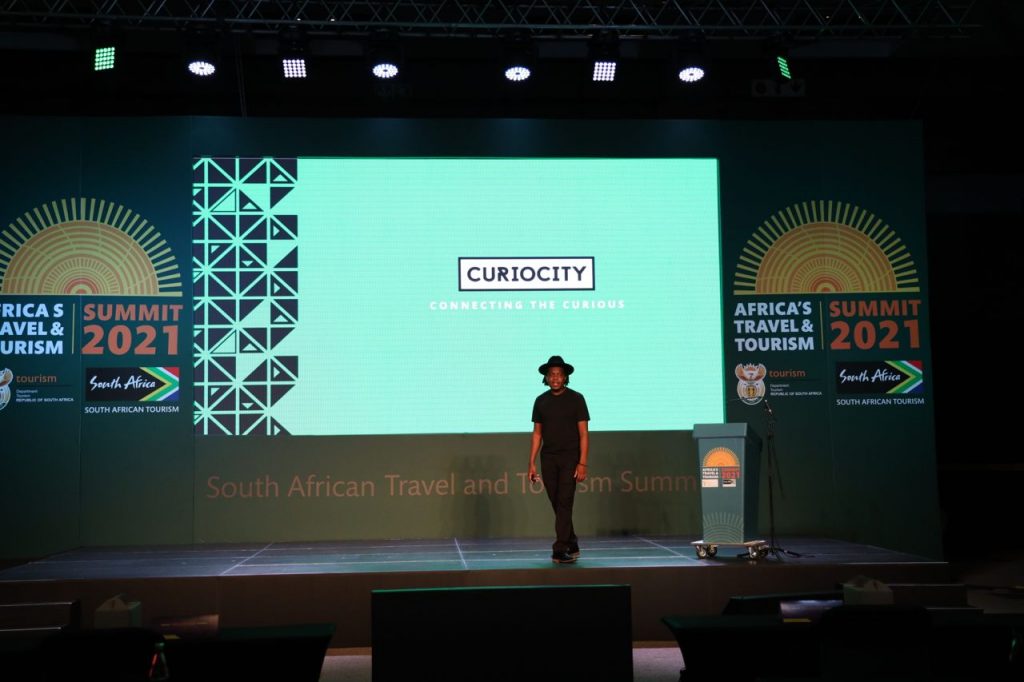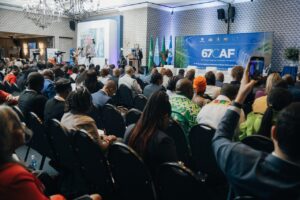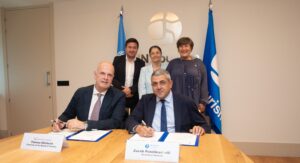The success of Africa’s tourism sector in the midst of COVID-19 hinges on increased collaboration among all industry role-players – this is the message from South Africa’s Deputy Minister of Tourism Fish Mahlalela.
Deputy Minister Mahlalela was speaking at Africa’s Travel and Tourism Summit’s SMME Day on Sunday, 19 September 2021. Under the theme “Re-awakening Africa,” the Summit calls on all tourism role-players to reflect, reimagine and reignite the sector. The Summit is aimed at reviving Africa’s tourism industry, after more than a year of dormancy due to the COVID-19 pandemic.
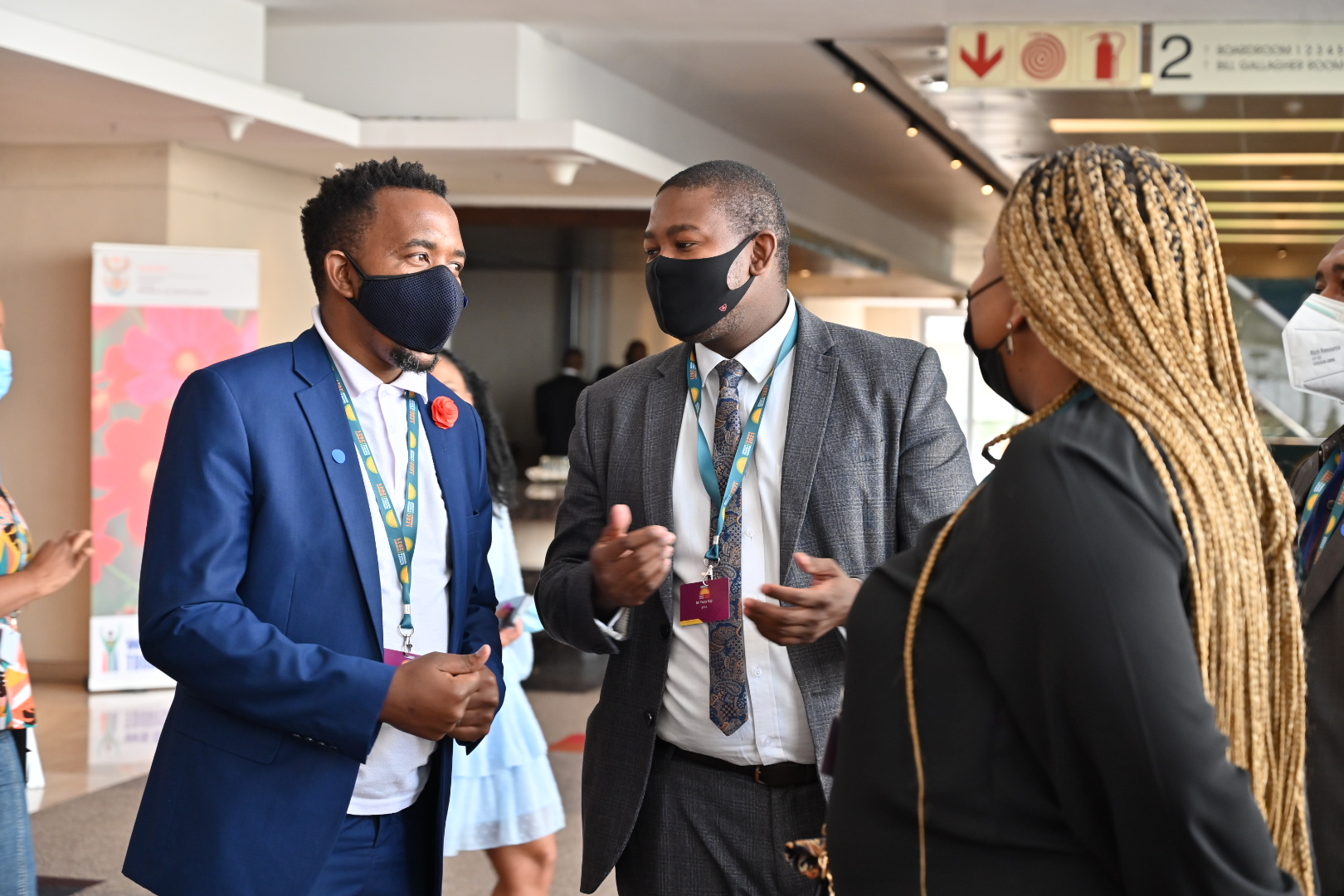
In his address, Mahlalela said collaboration in tourism will boost social cohesion. “For all of us to succeed, we can no longer do business in silos. The new tourism sector calls for greater collaboration between government and the private sector, as well as between the governments of Africa.”
Mahlalela added that the government is working closely with tourism role-players to mobilise a response to the debilitating impact of COVID-19. The pandemic has adversely impacted the entire tourism value chain and has restricted the movement of people.
The Department of Tourism has implemented interventions that will help revive small tourism businesses in townships and rural areas that are crucial to the sector. “SMMEs can aid in the sector’s return to pre-COVID performance levels and its long-term sustainable growth trajectory that fully realises Africa’s vast and diverse tourism potential. The Tourism Sector Recovery Plan also makes provision for the establishment of a support hub to provide non-financial support to tourism businesses so as to increase the resilience of SMMEs during the pandemic and beyond.”
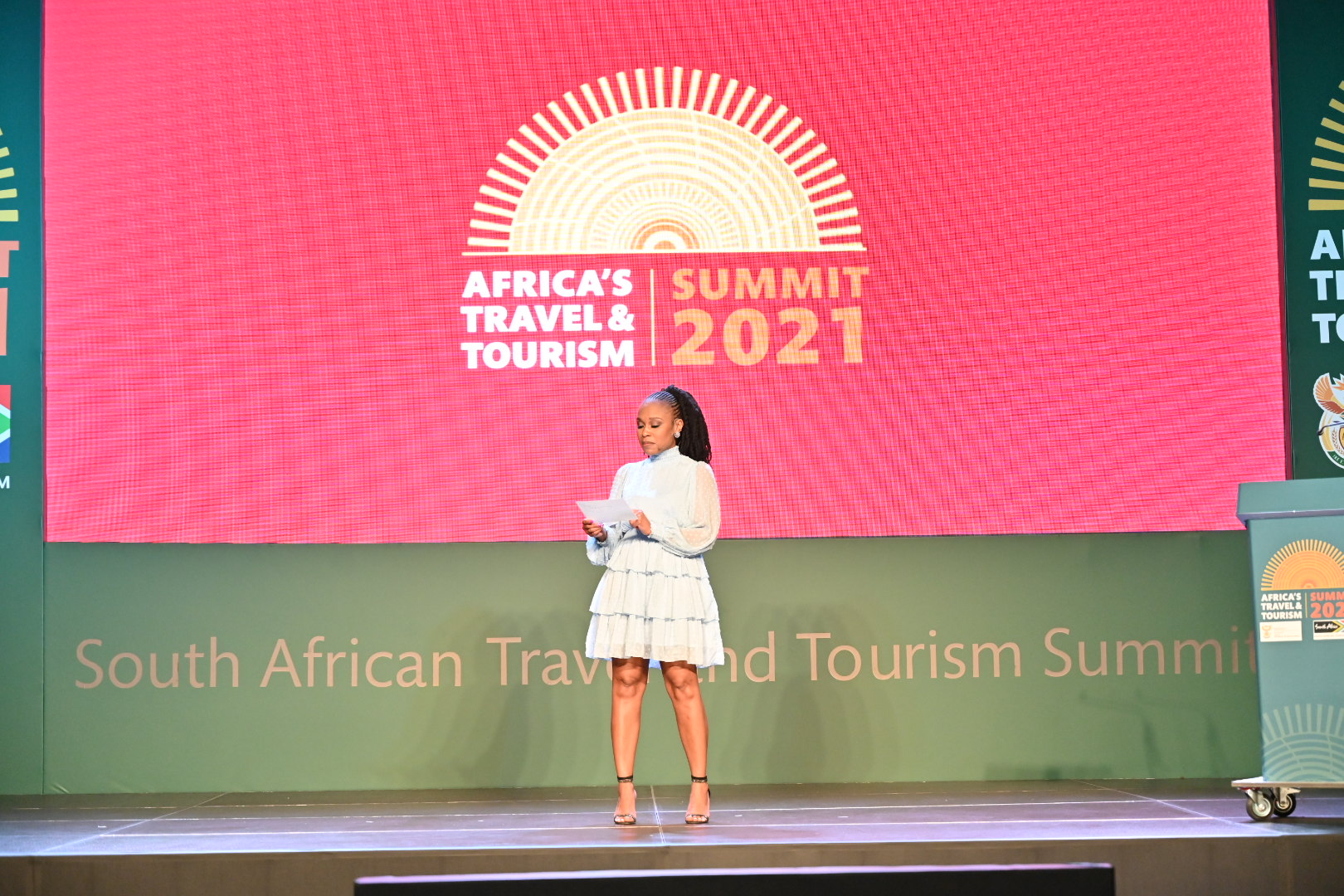
An enabling environment for SMMEs
Percy Koji, CEO of Small Tourism Enterprise Association (STEA) echoed Mahlalela, saying collaboration between private and public sectors is vital. “Collaboration is a big word. If you are in business for 10 years, no man is an island; no business can survive on its own.”
He added that government needs to create an enabling environment as an initiative poised to drive growth for small and medium-sized businesses. “People will have more jobs, resuscitate the sector, and address the issues around crime.”
STEA helps small businesses understand the importance of compliance with regulations and trains in this regard.
Koji said that while small and medium-sized enterprises are recognised as a critical part of the tourism industry, they tend to be neglected. This is because SMMEs are not usually compliant in many aspects of business. “Big business will always be ahead because small businesses are not well prepared to compete against them.”
Koji said SMMEs still need training on various issues including tax matters as well being compliant with relevant government regulations. He added that SMMEs face numerous challenges such as tight cash flow which limits their strategic options, limited market access and lack of relevant business management skills. “For a government to have a bigger tax base we have to facilitate small business. We have to professionalise SMMEs so it becomes a more competitive space to be in.”
He also called for increased focus on the domestic tourism market so as to create opportunities within our borders. “In South Africa, we have focused a lot on the inbound market, but developing the local economy will create better opportunities for everyone. If you buy a coffee at a restaurant, you are creating a job for that person serving you.”
The Summit is being hosted simultaneously in three major cities in Africa – Johannesburg, Durban and Lagos. The hybrid event gives delegates from around the world the option to attend either physically or virtually.
Click here to download both Deputy Minister Mahlalela’s address and the highlights from SMME Day.
Join the conversation on all social media platforms using the following:
#ATTS2021
#ShareSouthAfrica
#VisitAfrica
@SA_NCB
@SATravelTrade


